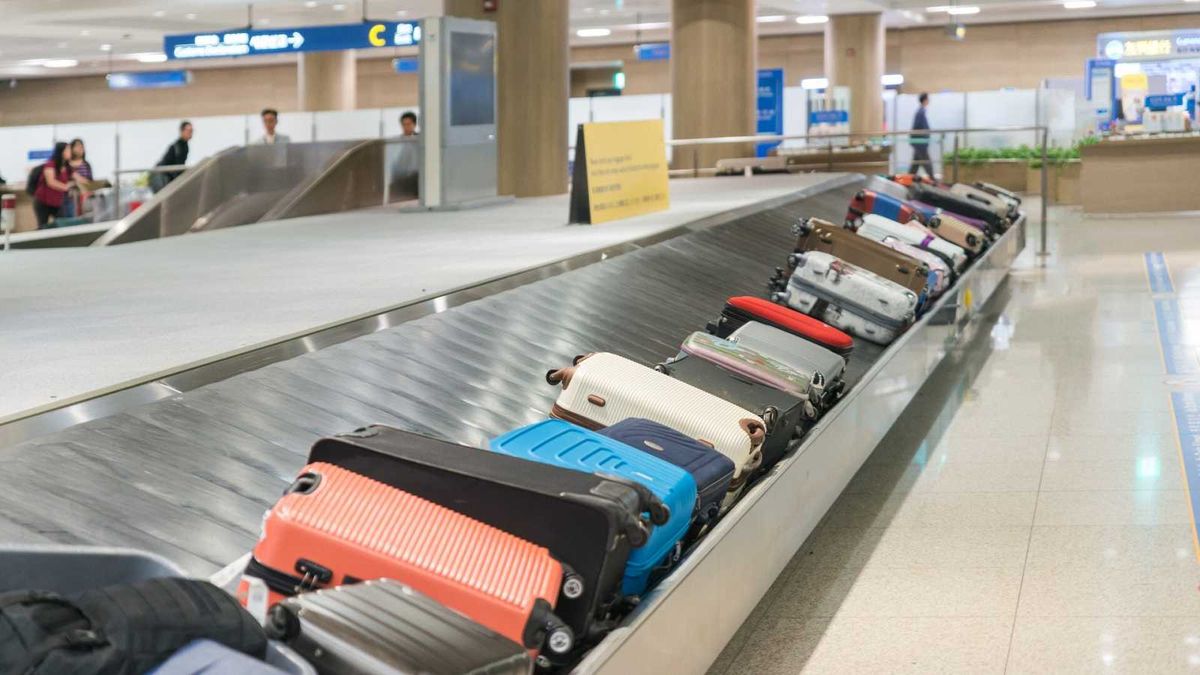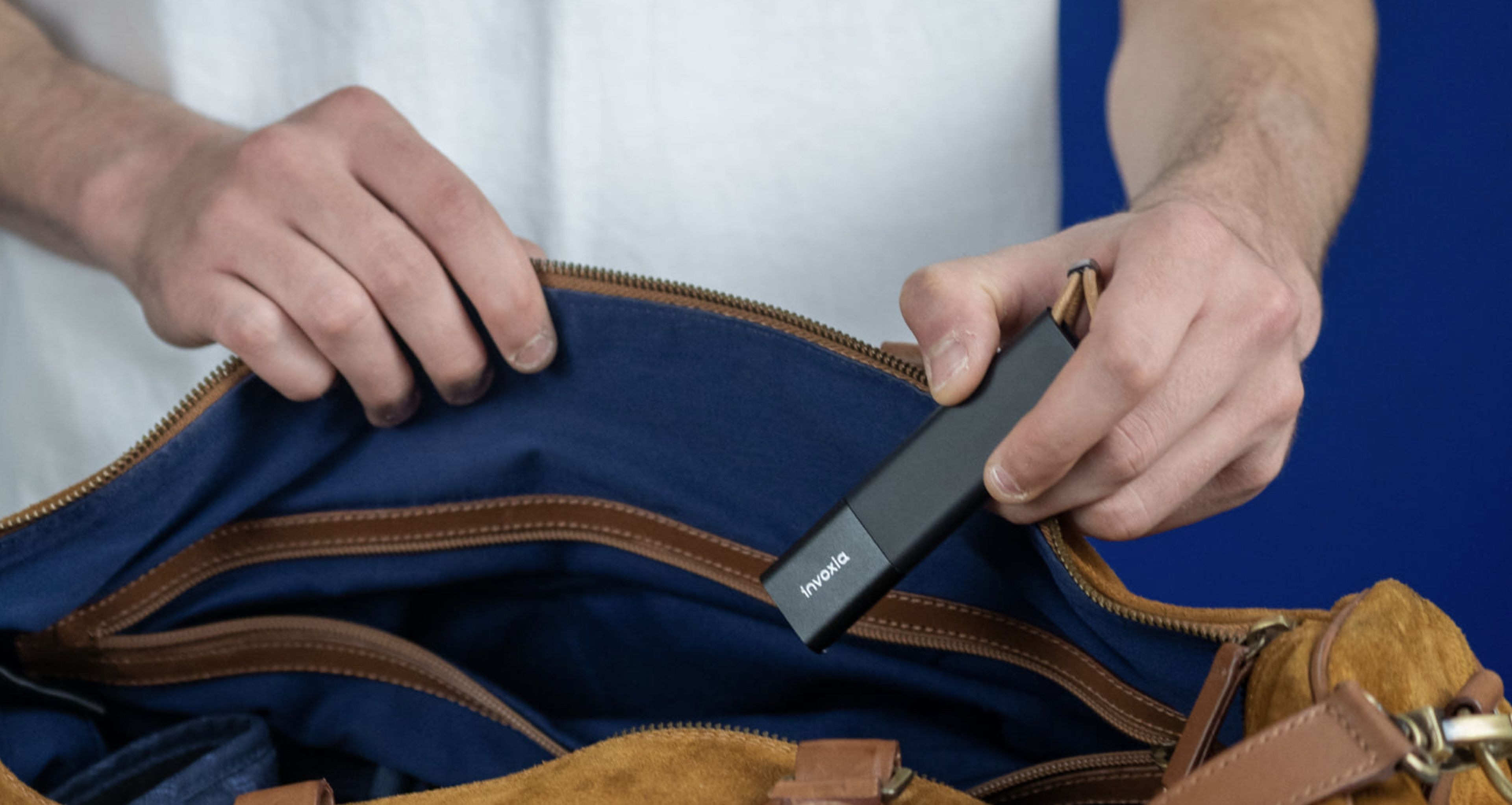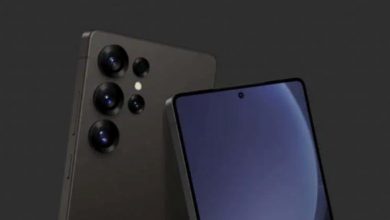Trackers or smart tags so you don’t lose your suitcase at the airport: myth or reality?

If you are one of those people who travel frequently or simply a person who is going to take a plane in a short time, I recommend that, first, you try to bring a Cabin bag to avoid any problem.
If it is not possible, or they force you to check it in – for free – because the company comments that “there is no space because the flight is full”, this is your best option.
And yes, this might seem like something that a few years ago would have seemed like science fiction to me, but we have to be honest: Suitcases get lost at airports…and suitcases are also broken, although this would be for a separate article.
But,How is a device going to help you keep your suitcase from getting lost?? And if you think this you are absolutely right. It will not help prevent it from getting lost, but it will help to try to locate it later. And I’m telling you that it is more common than you might believe.
Now, how does an airport’s baggage transportation and check-in system work? Let’s see how and why have location data for your suitcase can speed up the search.
How company and airport suitcase tracking works
The control that is followed at the airport is tagging checked bags that board the plane, either from the check-in counter or from the finger once. They tell us that the flight is full and there is no room in the cabin for everything. And after that, they should be counted when they enter the plane.
When they arrive at their destination, they are scanned again. when they go to the belt system to be picked up and the total number should coincide with the original, but this is not always the case and what is clear is that it is the customer who pays the price for suitcases falling or being lost in all this process.
Companies usually offer a solution to take it with you if they locate it in the system, even transporting it to your final destination hotel or home if it happens on your return.
The question is let them find it in your systemthe last time it was scanned, etc. and yes, that, in times it is feasible for it to be transported on another flight to arrive during our stay or not.
As you can see, this is somewhat problematic, since if everything goes well, nothing happens, but when you travel frequently it is a matter of probability that you will encounter some checked luggage problem.
In fact, there are many types of causalities: from your suitcase being lost on the way to the plane at the airport of origin, from the plane to the destination airport, and even someone taking your suitcase by mistake, or not, on the tape.
Trackers and smart tags to know if everything is going well with your suitcase
There are a type of devices that can offer you a more or less exact location of your suitcase and, if you travel a lot, it can save you from some scares.
If your suitcase does not appear on the conveyor belt you have to go to claim it at the airport itself so that they can look for it with the loss of time and energy that this entails. So knowing where your suitcase is could speed up this process.
There are several types of trackers, some with Integrated GPS They have an autonomy of 2 or 3 days and are perfect for short trips, and work all over the world, independently.
These types of trackers have the problem of limited autonomy and if you hook up two flights or a stopover they could run out of battery. But they only connect to a data network and upload the GPS position that you can see in an App, so you should be covered in most situations.
These types of trackers have an additional cost that is usually a monthly or annual subscription due to the IoT use of mobile networks.
There is another type of tracker such as the Invoxia Tracker that makes use of a positioning system through triangulation of Bluetooth – WiFi signals, which provides the system greater autonomy and transmit their position to the servers through the LoRa or Sigfox system.

As a problem with these devices they don’t work globally, since it depends on the coverage of the destination country of these networks. In Europe there is usually no problem, but you should keep an eye.
It is true that it is a somewhat more expensive device and you will also have to pay a subscription annual service
And finally, and perhaps the most well-known or popular option, is the use of smart tags, whether they are from Apple’s AirTag ecosystem, Tile or Galaxy Tags. These systems take advantage of the connectivity of nearby mobile devices to transmit their position to servers.
So if your suitcase has a small tag of these inside and any operator at the airport in question has an Android or iOS smartphone, depending on your tag, the position would be directly updated.
This option is usually the cheapest and although I had my reservations, I can say that There is an Apple AirTag in my suitcase and you can follow the position with the Apple Find my iPhone application and on my motorcycle I have an Invoxia tracker, hidden, so that what may happen.
They have no subsequent subscription cost and you only depend on the network of people who use the devices to make it effective or not, as well as changing or charging their battery when it runs out.
In short, these devices are a small investment, between 20 and 50 euros you already have options, and they could make it easier to find your luggage and avoid losing everything you carry inside due to bad luck that your luggage has been misplaced during a flight.
As a personal case, on the last work trip I had to Maui with Qualcomm, we lost a suitcase, we knew it was at the airport for the stopover, and we discussed it and this expedited the search and location within the company.



